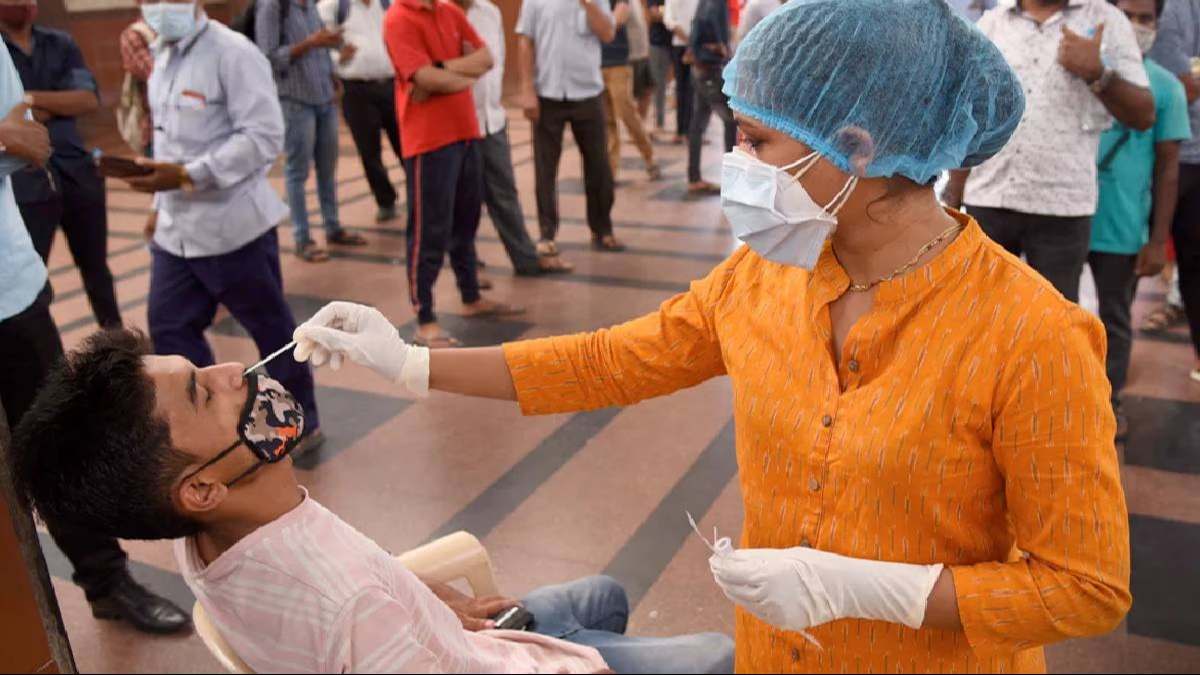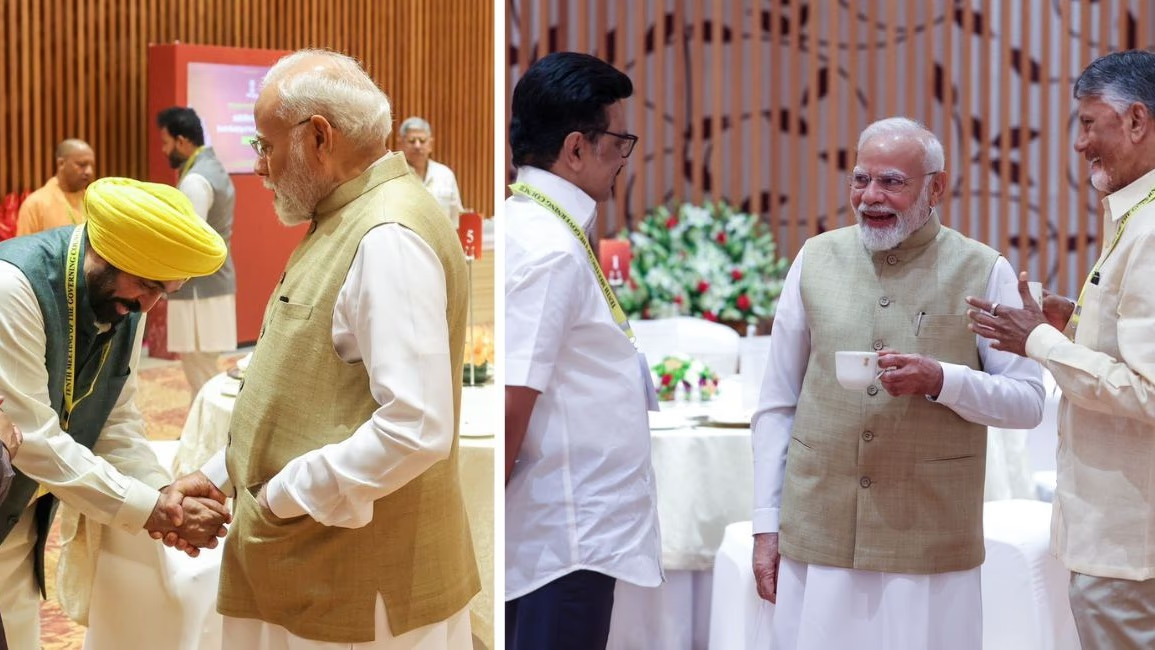The surge in COVID-19 cases across various regions of India has triggered concerns among the authorities, urging citizens to remain vigilant. In Delhi, the capital city, the government has issued comprehensive guidelines instructing hospitals to brace for an increase in cases after nearly three years of relative calm. Similar trends have been observed in states like Gujarat, Haryana, Kerala, and Karnataka.
According to the advisory from Delhi's health department, hospitals have been directed to ensure they are well-equipped with adequate supplies of beds, oxygen, medications, and vaccines.
On Friday, Health Minister Pankaj Singh reported that as of Thursday, 23 COVID-19 cases had been identified. The government is verifying if these individuals are residents of Delhi or if they recently traveled to the city.
The Health Minister assured that these positive results were reported by private labs, and there is no cause for alarm, as the variant presents flu-like symptoms.
Statement from the Delhi Health Minister
In a conversation with Aaj Tak, Delhi's Health Minister Pankaj Singh shared that a meeting was held with the medical superintendents of all city hospitals to discuss preparedness against COVID-19, encompassing the readiness of oxygen beds and concentrators.
He mentioned that the current cases in Delhi amount to 23 and that the government is monitoring whether these are local cases or have ties to locations outside Delhi. Updates will be provided to the public routinely.
The department has instructed healthcare facilities to send all positive COVID-19 samples to Lok Nayak Hospital for genome sequencing. Daily reporting on the Delhi State Health Data Management Portal has been made mandatory for all measures.
The advisory clearly states, 'Hospitals must ensure the availability of beds, oxygen, antibiotics, and vaccines. All equipment, such as ventilators, bi-PAPs, oxygen concentrators, and PSA units, must be operational.'
According to the guidelines, dedicated staff may undergo refresher training, and daily reporting of cases resembling influenza-like illness (ILI) and severe acute respiratory infection (SARI) should be ensured on the Integrated Health Information Platform (IHIP). Confirmed influenza and COVID-19 cases should be recorded under the 'L form' on the IHIP.
The advisory also insists on adherence to respiratory etiquette, including wearing masks within hospital campuses and healthcare facilities.
Dr. Aviral Mathur from Sir Ganga Ram Hospital mentioned, "With the recent uptick in COVID-19 cases linked to the JN.1 and its sub-variants, caution is imperative. Although the strain is highly contagious, symptoms usually remain mild. Precaution is key."
Emergence of Cases in Various States
Gujarat and Haryana, among others, have been reporting new COVID-19 cases. On Thursday, 15 new cases appeared in Gujarat, with three cases reported from Gurugram and Faridabad in Haryana.
On Wednesday, Kerala's Health Minister Veena George stated that 182 new cases were detected in May.
On May 21, Karnataka's Health Minister Dinesh Gundu Rao confirmed 16 active COVID-19 cases, with officials reporting a confirmed case in a nine-month-old in Bengaluru on Friday.
Responsible Variant
The latest wave is attributed to the Omicron JN.1 variant and its sub-variants LF.7 and NB.1.8. The World Health Organization (WHO) identified JN.1 as a 'variant of interest' in December 2023. Despite its contagious nature, experts note that it is less dangerous compared to previous variants, with mostly mild symptoms like fever, cough, sore throat, and body aches.
Current Situation in India
India is managing well under the current circumstances. Active cases remain low considering the vast population, and most patients exhibit mild symptoms, negating the need for hospitalization. The health ministry reassures there is no indication of a new wave, though vigilance is crucial.
Is a Booster Dose Necessary?
Health experts recommend booster shots for individuals with weakened immunity, such as the elderly, children, or those with conditions like diabetes or cancer. People in regions like Hong Kong and Singapore are also encouraged to get booster shots, especially if their last dose or infection occurred over six months ago.
If traveling to regions where cases are rising, such as India, a booster dose is advisable. According to WHO, the XBB.1.5 monovalent booster vaccine can provide 19% to 49% protection against the JN.1 variant. However, if you're healthy and previously vaccinated, there's no need to panic.
Adopting Precautionary Measures
Wear Masks: Especially in crowded areas. Hand Hygiene: Regular hand washing or using sanitizer. Respiratory Caution: Cover mouth and nose when coughing or sneezing. Travel Safety: Exercise caution when traveling to regions like Singapore, Hong Kong, China, or Thailand. Avoid non-essential travel. Symptom Monitoring: Seek immediate testing for fever, cough, or sore throat. Remain Calm and Stay Vigilant.
Health experts assert that this wave is less threatening than previous ones. Most recover with mild symptoms. India remains stable, but caution is urged. If you're in good health and vaccinated, there's little cause for concern, but those with compromised immunity should consider booster doses and remain cautious. COVID-19 isn't entirely gone, but with the right measures, we can keep it under control. Stay safe and alert.




